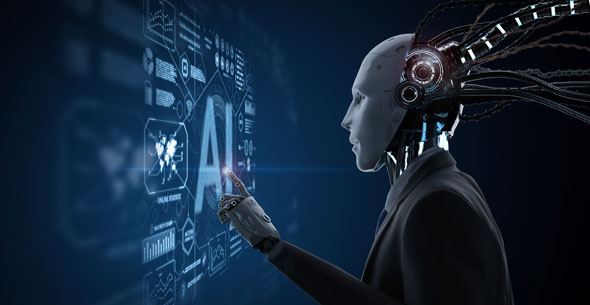Exploring the frontiers of intelligence and innovation, the Journal of Artificial Intelligence and
Robotics bridges the gap between imagination and realization, propelling us into a future where
machines and algorithms redefine the boundaries of possibility
ISSN: 3067-7947 IF Value: 1.2
Articles


